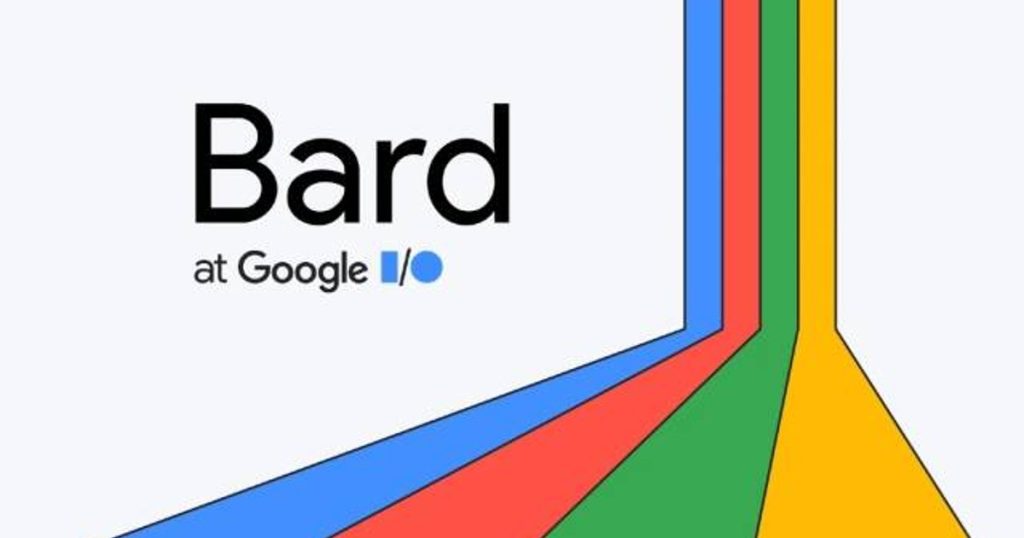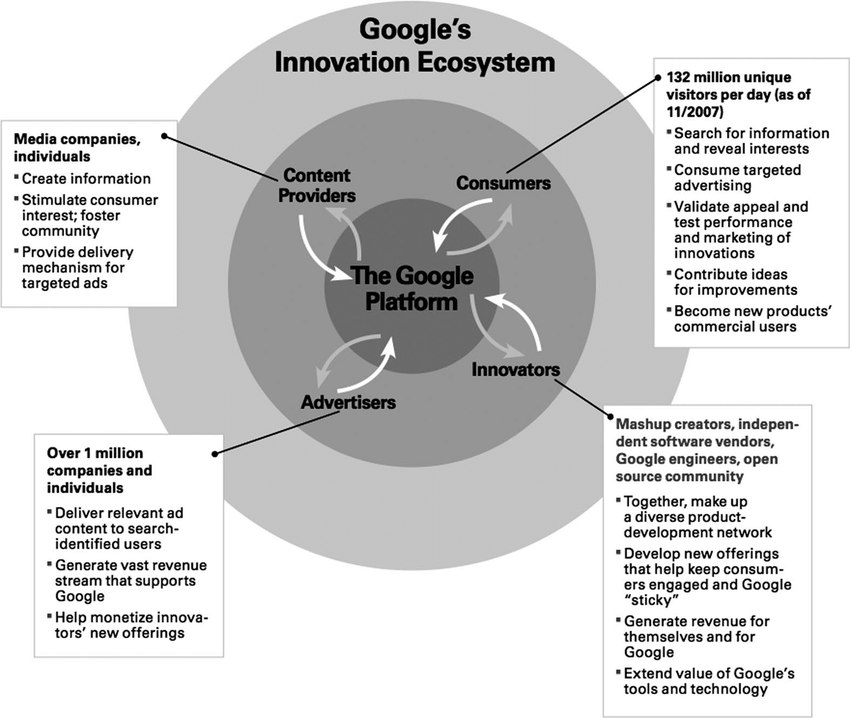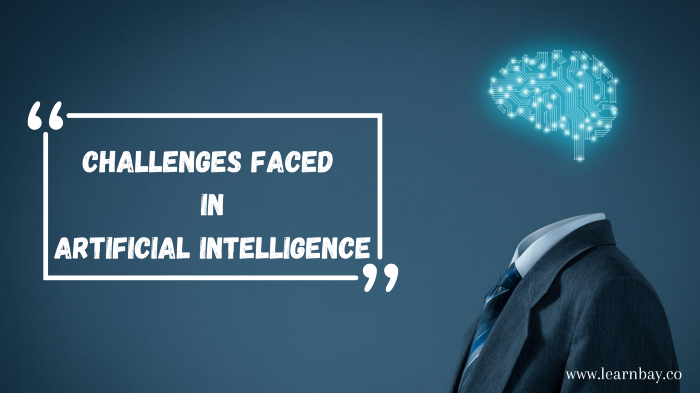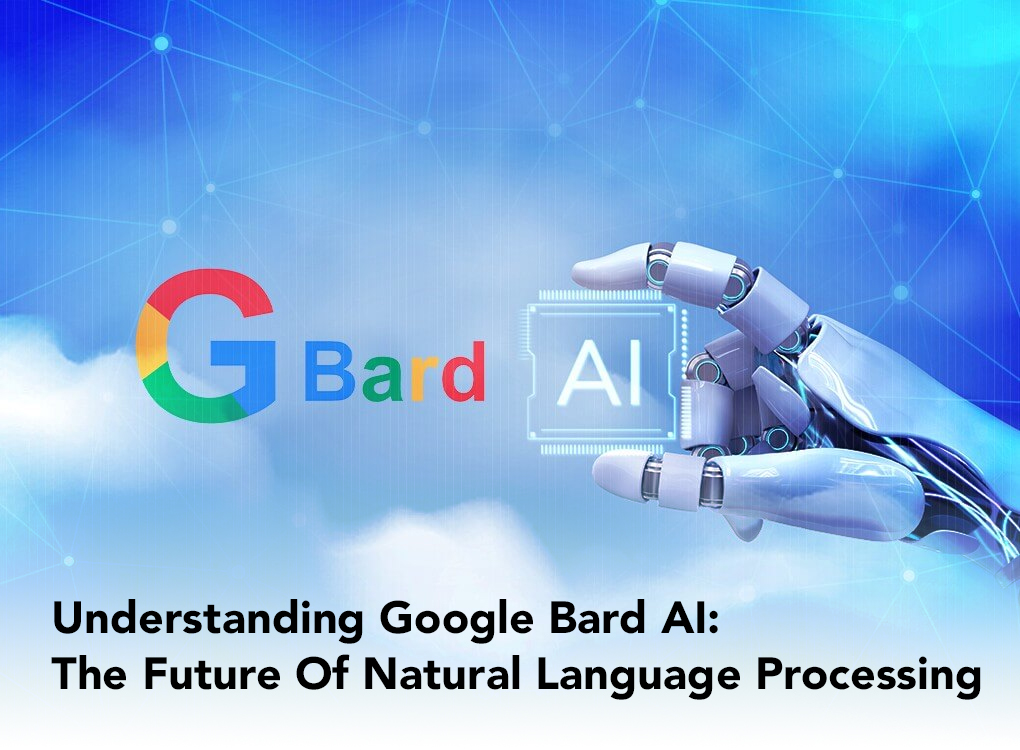
Hi,
This is Ravi Kumar, and in this blog, I will let you know about the Bard’s future as a Google product.
Bard, a well-regarded tool for writers and content creators to enhance their writing skills, joined Google’s portfolio in 2017 and seamlessly integrated into Google Docs. Speculation has arisen regarding the trajectory of Bard as a Google product, with concerns surrounding its potential discontinuation or replacement by alternative writing tools within Google’s offerings. These inquiries delve into the tool’s forthcoming prospects and the extent of its support from Google
Despite these speculations, Google has refrained from officially disclosing its intentions for Bard’s future. Currently, Bard continues to function as a feature within Google Docs and remains a staple for numerous writers and content creators. As such, the fate of Bard within Google’s suite of writing tools remains uncertain, awaiting any forthcoming strategic decisions.
Bard as a Google Product: A Comprehensive Overview
Bard emerged as a Google product in 2021, revolutionizing online story creation and sharing. This platform empowers users to craft interactive, multimedia-driven stories, seamlessly incorporating text, images, videos, and audio. Designed for user-friendliness, Bard boasts a straightforward drag-and-drop interface that facilitates rapid story development.
Key to Bard’s appeal is its compatibility with other Google products such as Google Drive and Google Photos. This integration streamlines media importation from these services into stories. Furthermore, Bard collaborates fully with Google Analytics, providing story performance insights to creators, illuminating viewing and sharing trends.
Enhancing its utility, Bard’s responsive design ensures optimal viewing across all devices, aligning with the burgeoning trend of mobile-centric content consumption. Positioned as a potent asset for content creators, journalists, and marketers, Bard’s intuitive interface, robust integrations, and mobile adaptability position it as a frontrunner in digital storytelling’s evolution.
Potential Impacts on Google’s Ecosystem

The integration of Bard into Google’s ecosystem carries substantial ramifications, encompassing diverse aspects:
Amplified Competition in the Voice Assistant Sphere
Should Bard become a Google product, it would directly compete with Google Assistant, an established voice assistant. This juxtaposition could either fragment the market or stimulate innovation by offering users a choice between two Google voice assistants.
Synergy with Google Services
Incorporation into Google’s product suite could lead Bard to intertwine with Google Search, Google Maps, and Google Calendar. This synergy would yield a more cohesive user experience, exemplified by tasks like requesting directions, seamlessly fulfilled by Bard through Google Maps integration.
Heightened Data Gathering
Transitioning Bard into a Google product would provide Google with enriched user interaction data, facilitating personalized user experiences. Nevertheless, this intensified data collection could spark privacy apprehensions, given Google’s past data-related controversies.
Impact on Third-Party Integrations
Presently, Bard interfaces with various third-party services like Spotify and Philips Hue. Should Bard transform into a Google product, the future of these integrations remains uncertain, with Google possibly prioritizing its services.
Bard’s Distinctive Attributes
Bard possesses distinctive features that differentiate it from other Google products, including:
- Tailored Templates: Bard offers an array of customizable templates catering to diverse industries, granting users the ability to create polished documents meeting specific needs.
- Real-time Collaboration: Collaboration in real-time is a core strength of Bard, facilitating cooperative document work among peers and clients, particularly valuable for remote teams or multi-stakeholder projects.
- User-Friendly Interface: Bard’s interface is designed with simplicity in mind, ensuring even non-tech-savvy users navigate the platform with ease, thanks to straightforward menus and tools.
- Seamless Google Drive Integration: Bard effortlessly integrates with Google Drive, empowering document access from any location or device, streamlining remote work without necessitating additional tools.
- Intelligent Suggestions: Bard’s intelligent suggestions, rooted in machine learning algorithms, enhance writing and formatting quality, aiding users in creating concise, professional documents.
Challenges and Opportunities for Bard

Bard confronts both challenges and opportunities within its trajectory:
Challenges
- Fierce Competition: Bard contends with well-established AI writing assistants like Grammarly and ProWritingAid, posing a challenge to establish a market presence.
- Data Privacy Concerns: As an AI writing assistant, Bard necessitates user data access for suggestions, potentially raising data privacy issues, a concern given Google’s prior data-related controversies.
Opportunities
- Google Product Integration: Bard stands to benefit from integration with Google’s expansive product range, like Google Docs, Gmail, and Drive, granting users seamless access to the writing assistant.
- AI Progression: Bard can leverage Google’s robust AI investments to enhance suggestions and corrections, capitalizing on cutting-edge AI advancements for improved user experiences.
- Multilingual Support: Bard can expand its appeal by providing multilingual capabilities, catering to businesses operating across global markets.
Potential Future Advancements

Envisioning Bard’s future as a Google product yields several potential developments:
- Wider Google Product Integration: Integrating Bard with Google products, such as Google Docs and Sheets, promises a seamless user experience, allowing data movement between applications.
- Enhanced Analytics: Bard’s analytical tools could evolve, offering advanced features like predictive analytics and real-time reporting, bolstering user insights.
- AI and Machine Learning Integration: Leveraging Google’s AI prowess, Bard could adopt advanced machine learning algorithms for more accurate insights and predictions.
- Mobile App Extension: Developing a Bard mobile app would cater to on-the-go users, enhancing accessibility beyond the current web application.
Conclusion
While forecasting any product’s future is speculative, Bard’s value to Google appears enduring. Its dedication to user enhancement and insightful offerings reinforces its standing as a business asset. Amid Google’s ongoing investments in AI and machine learning, Bard’s evolution into a more potent tool seems plausible. This alignment with progressive technologies positions Bard to offer ever more valuable insights and recommendations, empowering users to excel in the dynamic digital landscape. Although uncertainties loom, given Google’s track record, Bard’s potential longevity is foreseeable, benefiting businesses large and small in their perpetual pursuit of innovation.
Thanks,






Leave a Reply
You must be logged in to post a comment.